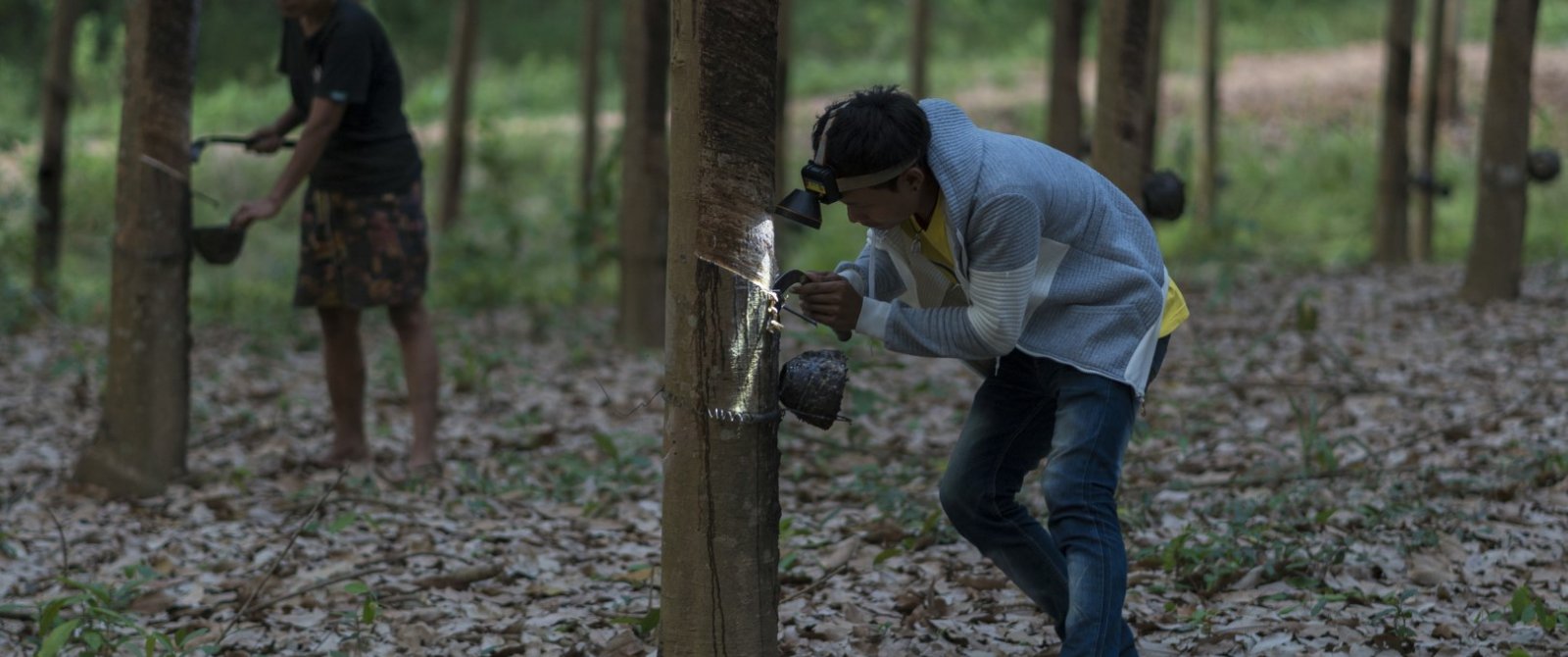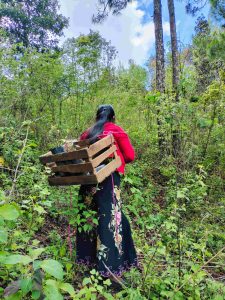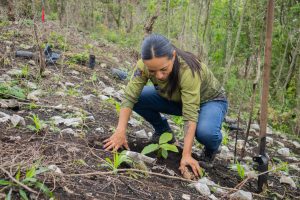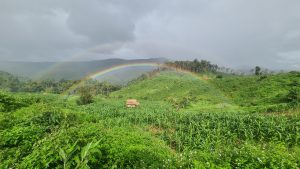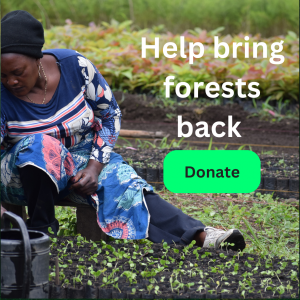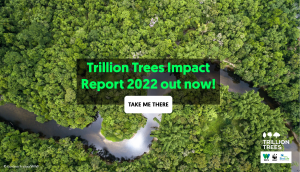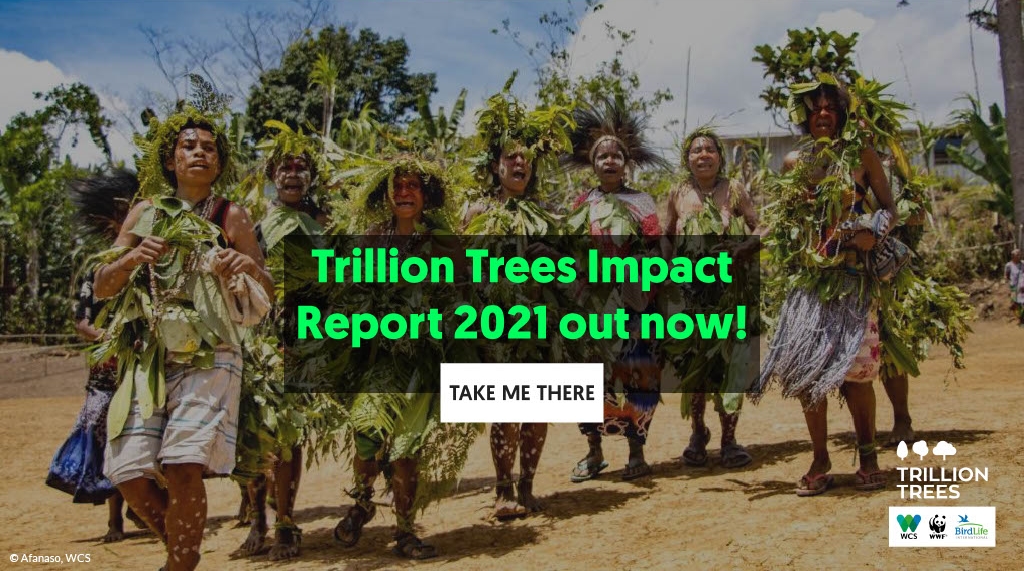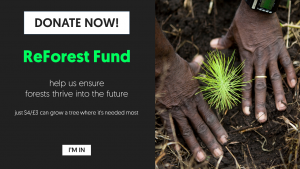The environmental effects of poorly planned and managed palm oil are now very well-known. Another major global commodity that grows in similar climes is natural rubber, with vast rubber tree plantations found throughout the tropics, particularly in South-East Asia.
Historically natural rubber has had many sustainability issues, with expansion causing both environmental and social problems – including the deforestation of tropical forest and extensive land-grabbing in the Mekong. As global demand for rubber products (especially tyres) shows no sign of slowing, models of ‘business as usual’ scenarios have predicted major habitat conversion to rubber plantations at a possible further five million hectares globally.
“BirdLife understands that if we are to effectively conserve species and habitats, we need to ensure that the goods demanded by society can be supplied sustainably.”
Martin Hollands, BirdLife’s Senior Advisor on Business and Biodiversity
Speaking from Singapore, where he saw natural rubber stakeholders convene for the inaugural General Assembly of the Global Platform for Sustainable Natural Rubber (GPSNR). This independent platform will lead to improvements in the socio-economic and environmental performance of the natural rubber value chain.
The platform has already secured membership of 65% of the world’s tyre producers, so it is set to make a significant change in the industry. Other members of the platform include rubber suppliers and processors, vehicle makers, and NGOs – including BirdLife as a Founder Member. Representatives from each of these stakeholder groups have contributed to the development of the Singapore-based platform and the wide-reaching set of priorities that will define GPSNR’s strategy and objectives.
BirdLife and Trillion Trees have been a strong advocate of the need to bring the whole rubber value chain together – from tree to tyre – in order to understand the key issues and find solutions. The importance of smallholder production of rubber is key to its sustainability, but this also makes the value chain incredibly complex.
Bringing different stakeholders together has required many steps in building trust. Reacting to the formation of the Executive Committee, GPSNR Director Stefano Savi, said:
“The appointment of the Executive Committee is a critical piece to a landmark achievement. It has taken considerable effort from all stakeholders to bring us to this point. We know that the real hard work lies ahead, but today from Singapore we send a clear message – the GPSNR is open for business.”
“For commodities that have had a large historical footprint on tropical forests to become sustainable, all stakeholders along the value chain need to work together”, says Patricia Zurita, BirdLife’s Chief Executive. “BirdLife is therefore delighted to join the Global Platform on Sustainable Natural Rubber as a Founder Member, and to help the sector understand, and address, its sustainability issues."
Next steps for the Platform will focus on improving respect for human rights, preventing land-grabbing and deforestation, protecting biodiversity and water resources, improving yields, and increasing supply chain transparency and traceability.
Development of the GPSNR was initiated by the CEOs of the World Business Council for Sustainable Development (WBCSD) Tire Industry Project (TIP) in November 2017. The launch of the platform comes with strong commitments from GPSNR members, but turning aspirations into practice will take some time, and there may be some bumps in the road on the way to sustainability.
Rubber itself is a natural product, harvested by ‘tapping’ the bark of the rubber tree and collecting the liquid latexy sap in small cups. Trillion Trees will continue to monitor the progress of the rubber industry to ensure this natural product is nature-friendly.

